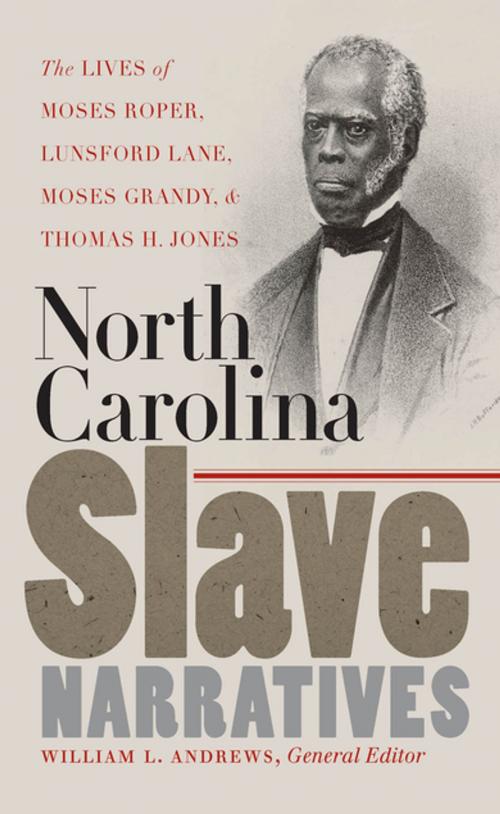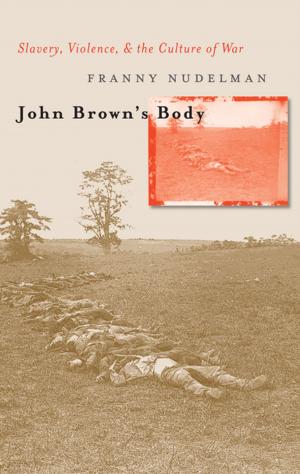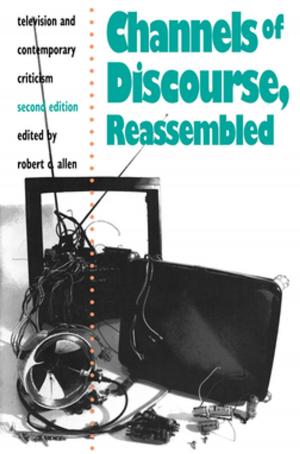North Carolina Slave Narratives
The Lives of Moses Roper, Lunsford Lane, Moses Grandy, and Thomas H. Jones
Biography & Memoir, Historical, Nonfiction, History, Americas, United States| Author: | ISBN: | 9780807876756 | |
| Publisher: | The University of North Carolina Press | Publication: | May 26, 2006 |
| Imprint: | The University of North Carolina Press | Language: | English |
| Author: | |
| ISBN: | 9780807876756 |
| Publisher: | The University of North Carolina Press |
| Publication: | May 26, 2006 |
| Imprint: | The University of North Carolina Press |
| Language: | English |
The autobiographies of former slaves contributed powerfully to the abolitionist movement in the United States, fanning national--even international--indignation against the evils of slavery. The four texts gathered here are all from North Carolina slaves and are among the most memorable and influential slave narratives published in the nineteenth century. The writings of Moses Roper (1838), Lunsford Lane (1842), Moses Grandy (1843), and the Reverend Thomas H. Jones (1854) provide a moving testament to the struggles of enslaved people to affirm their human dignity and ultimately seize their liberty.
Introductions to each narrative provide biographical and historical information as well as explanatory notes. Andrews's general introduction to the collection reveals that these narratives not only helped energize the abolitionist movement but also laid the groundwork for an African American literary tradition that inspired such novelists as Toni Morrison and Charles Johnson.
The autobiographies of former slaves contributed powerfully to the abolitionist movement in the United States, fanning national--even international--indignation against the evils of slavery. The four texts gathered here are all from North Carolina slaves and are among the most memorable and influential slave narratives published in the nineteenth century. The writings of Moses Roper (1838), Lunsford Lane (1842), Moses Grandy (1843), and the Reverend Thomas H. Jones (1854) provide a moving testament to the struggles of enslaved people to affirm their human dignity and ultimately seize their liberty.
Introductions to each narrative provide biographical and historical information as well as explanatory notes. Andrews's general introduction to the collection reveals that these narratives not only helped energize the abolitionist movement but also laid the groundwork for an African American literary tradition that inspired such novelists as Toni Morrison and Charles Johnson.















